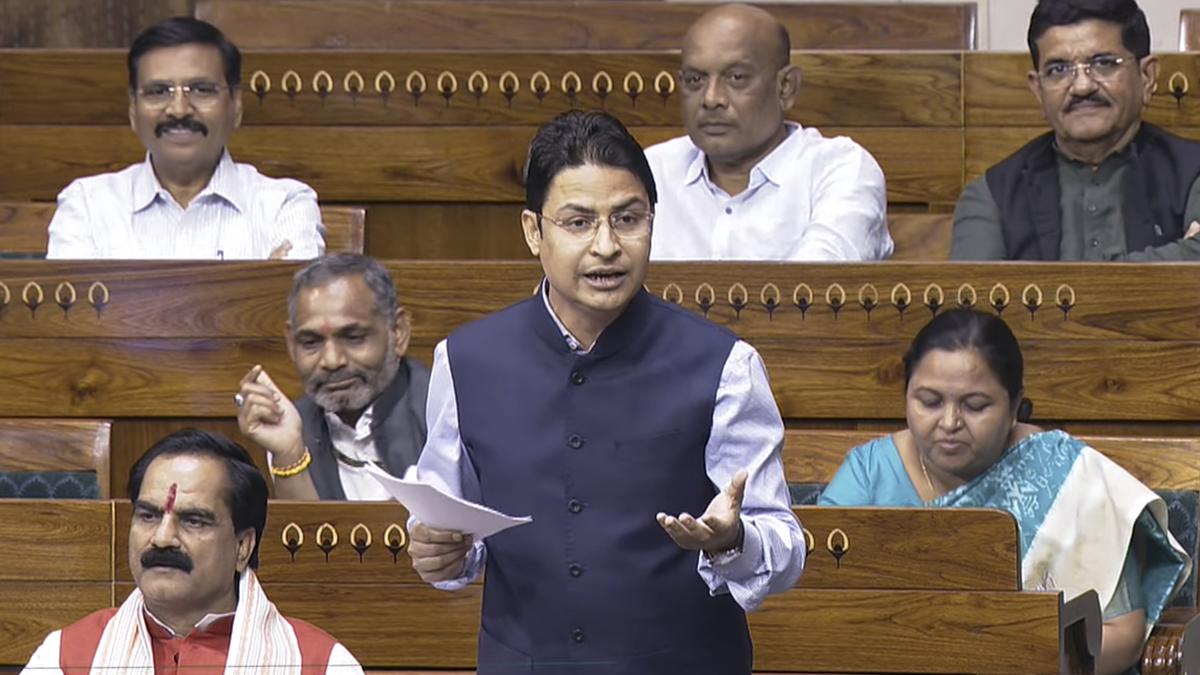A BJP Member of the Legislative Assembly (MLA) from Ladakh has weighed in on the ongoing Gorkhaland discussions, emphasizing that a Union Territory (UT) like Ladakh, without its own legislature, fails to meet the aspirations of its people. His comments came as the Union Home Ministry (MHA) resumed “tripartite” talks with the Gorkha delegation on issues concerning the community, despite the absence of any representation from the West Bengal government.
The MHA meeting, chaired by Minister of State for Home Nityanand Rai, sought to address key demands from the Gorkha community, including the call for a separate Gorkhaland state and the grant of Scheduled Tribe (ST) status to 11 Gorkha sub-communities. While the meeting proceeded with participation from BJP Member of Parliament Raju Bista and Gorkha representatives, the absence of the West Bengal government’s representatives raised concerns about the state’s commitment to resolving these long-standing issues.
In the wake of the meeting, the BJP MLA from Ladakh drew a parallel to the situation in Ladakh, which was elevated to a Union Territory in 2019 without its own legislative assembly. “Ladakh, as a UT without a legislature, has shown us the limitations of such an arrangement. It is clear that the aspirations of the people, whether in Ladakh or the Gorkha community, cannot be fulfilled in a setup that does not allow for self-governance,” said the BJP MLA.
His remarks underline a growing sentiment among various regions, including Ladakh, that the absence of legislative autonomy hampers their development and the fulfillment of their socio-political aspirations. The comparison to Ladakh’s current status as a Union Territory, where the absence of a legislative assembly has been a topic of ongoing debate, highlights the need for a robust framework that allows local populations to have a say in their governance.
The ongoing Gorkhaland talks, while significant, are unlikely to resolve the community’s demands without full cooperation from the West Bengal government. The absence of their representation has sparked concerns about whether the state is genuinely committed to finding a lasting solution to the Gorkha community’s demands, especially the call for a separate Gorkhaland state and ST status for certain sub-communities.
As the MHA continues its engagement with the Gorkha delegation, questions around governance structures and political representation will likely remain central to the conversation, especially as other regions like Ladakh push for greater autonomy in the face of similar concerns. The coming weeks will be crucial in determining whether the current dialogue can lead to meaningful and sustainable solutions for the Gorkha community.



